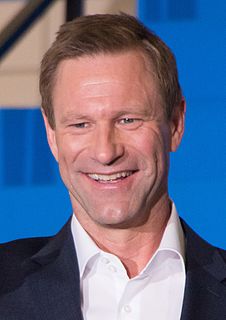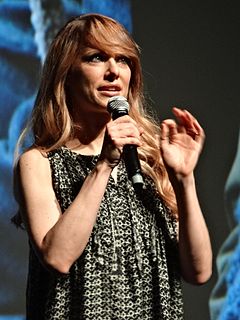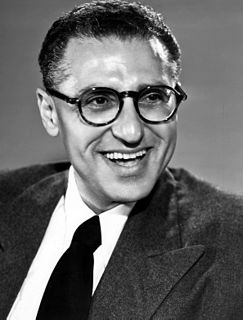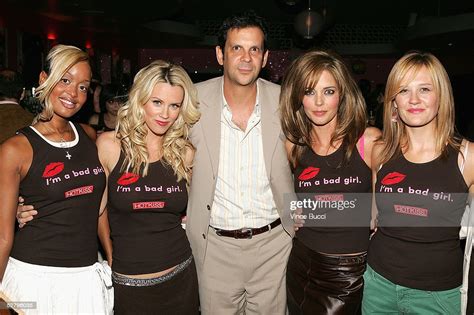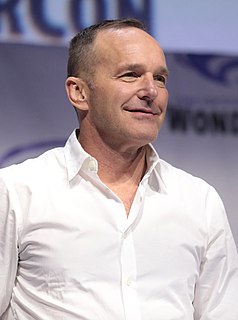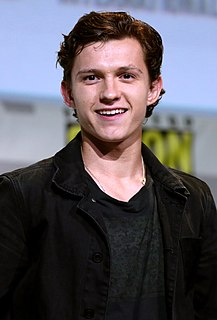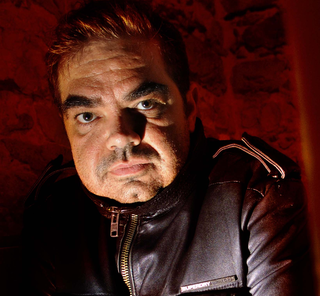A Quote by Zhang Ziyi
A movie has its own fate, which often doesn’t depend on the performances of the director and actors.
Related Quotes
I think that what's important as a director is to give your actors the feeling that they're protected, the feeling of confidence, the feeling that if they make mistakes, then as a director, you'll know how to help them. If you're able to convey that, then the actors will give you wonderful performances. As well as the author, you have to write scenes that give the actors the opportunity to show what they're capable of.
Period films to me are very often alienating to the audience. There's very often a formality. A staunchy quality to them that comes from the misenscene. It also comes from the performances of the actors, because they're acting Victorian which really means that they're just acting the way they've seen previous actors act Victorian.
I think I'm an extremely conscientious producer and now equally as a director and it gives me the opportunity to look at the entire movie and really allow the movie to be the creative vision of the actors, the writer and myself, because I'm in charge of it from a producer and a director point of view.
I really trust the authenticity of real people and my job is to get them to be themselves in front of the camera. Often what happens is, you'll get a newcomer in front of the camera and they'll freeze up or they imitate actors or other performances that they've admired and so they stop becoming themselves. And so my job as the director is just to always return them to what I first saw in them, which was simply an uncensored human being.




